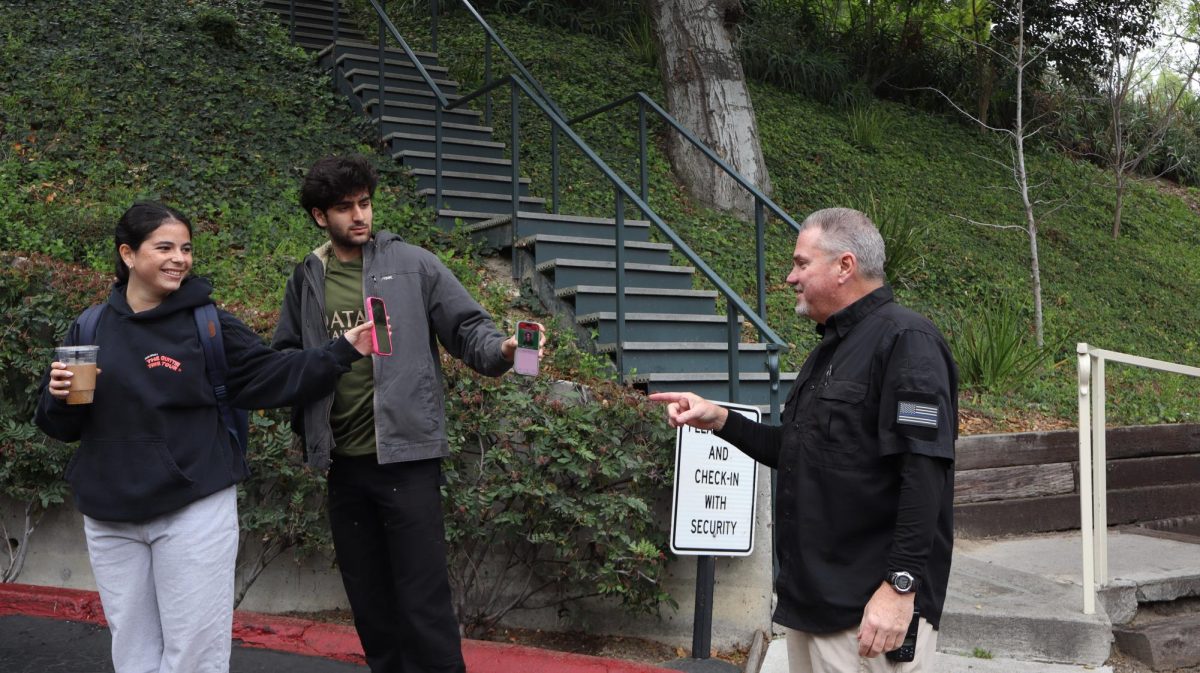By Julie Barzilay
Removal of web blocks in recent weeks has allowed students to access sites previously off limits, such as Facebook and Youtube, but temporarily slowed internet connections, math teacher and Chairman of the Educational Technology Committee Jeff Snapp said.
Computer Services entirely eliminated web filters on school computers last month following a Nov. 19 decision by the Educational Technology Committee.
The decision marked the culmination of a month-long trial period without web blocks, which began on Oct. 20.
Snapp said that talk of reducing the filters first surfaced last year.
“We wanted to reduce the web blocks for educational reasons,” he said. “The decision was made to improve educational research possibilities.”
For example, the new math course Topics in Calculus and Statistics involves a project that explores a theorem called Bayeâs Theorem, specifically the concept of false negatives and false positives in relation to medical testing.
Search results lead students to articles dealing with marijuana and steroid use, which were previously “tags” restricted by school web blocks.
Every website has tags that denote its subject matter, and the school had for years placed filters prohibiting students from accessing websites with certain tags on school computers.
Without these blocks, students are free to research topics online that may include tags that were restricted before, but which serve a legitimate academic purpose.
During the month-long trial period, the Ed Tech Committee and Computer Services looked out for disciplinary problems and complaints in order to gauge the benefits or downsides of removing the filters.
Through various reports and other information recorded daily, but generally not consulted, regarding studentâs web usage, Computer Services would have been able to locate the source of a problem or violation of the Acceptable Use Policy for school computers (enumerated in the student handbook).
Not aware of any disciplinary problems, the Committee plans to leave the blocks off indefinitely, Snapp said. There have, however, been issues with the external internet connection.
The internal Harvard-Westlake network has not been affected, but the outside internet connection has become slower.
More T1 lines are to be installed in the near future to rectify the problem, Snapp said. The new lines will increase the bandwidth of the network, and thus yield faster connections. In all other regards, Snapp feels the new policy is serving its purpose well.
“We need to make sure everyone is following the Acceptable Use Policy, which every student agrees to abide by upon entering the school,” he said. “As long as nothing negative happens, the plan is to leave the blocks off.”
Head Prefect Tessa Wick â09 sensed that the new policy has been well-received.
“I think the removal of the web blocks has had a really positive effect on the entire school and more specifically the student body,” Wick said.






























